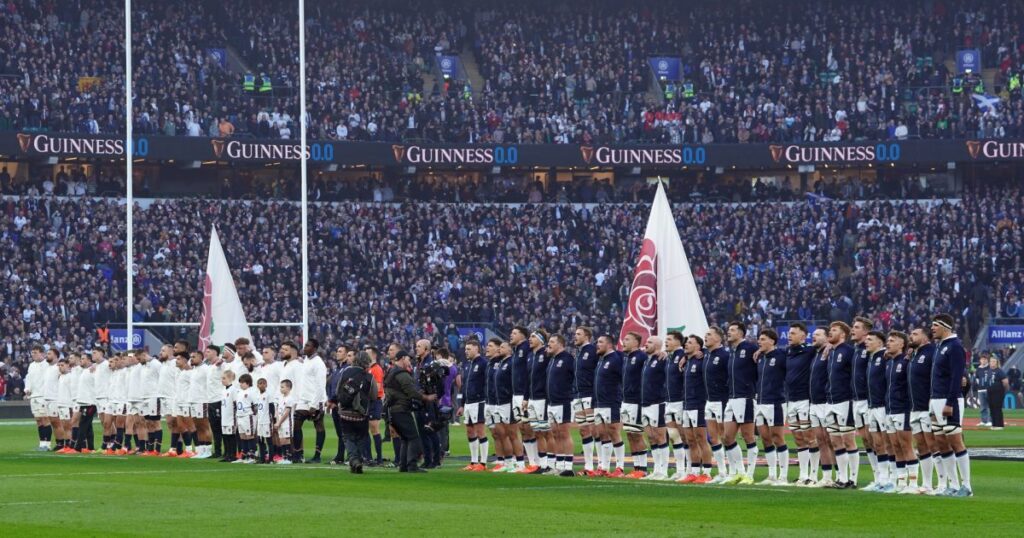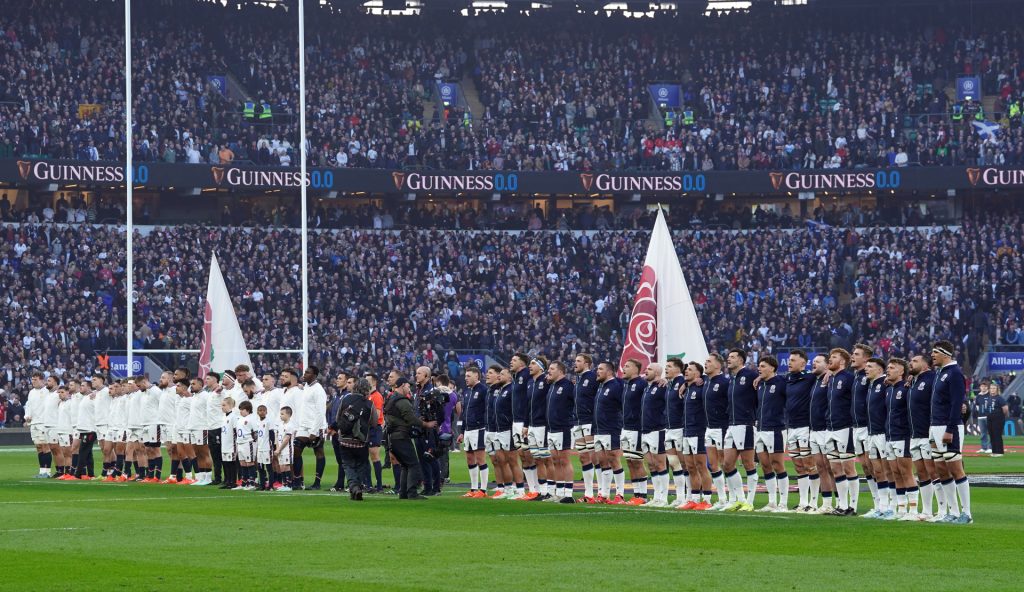

Chelsea are likely to face opposition from the local council if they request to play their home games at Allianz Stadium while redeveloping Stamford Bridge, according to the Rugby Football Union.
The Premier League club are looking to expand their current capacity of 40,343 by either rebuilding their existing ground or moving to a new site in west London.
Twickenham has previously been viewed as a possible temporary home when Chelsea have drawn up redevelopment plans, and the move would generate income for the RFU at a time when it is considering its own stadium improvements and is contending with record losses.
While the RFU would be open to an approach from the Blues, chief executive Bill Sweeney suspects the relocation would not be approved by Richmond upon Thames Council.
“The licence would allow it to happen and there have been conversations previously about Premier League clubs coming here. Richmond council, Richmond borough, is more concerned about that,” Sweeney said.
“It would be a big financial number, but I know Richmond borough would definitely have a conversation about that.
“I just think, in terms of impact on local residents, numbers of fans and so on, they’d be a little bit more sensitive. It may depend on which club it is.”
Sweeney caused a stir in March when he suggested that England may be forced to relocate from Twickenham to Milton Keynes or Birmingham because of licence restrictions over staging concerts.
Major events such as Beyonce concerts – which the RFU has missed out on in the past – are seen as a key revenue stream to help fund the planned £663million redevelopment of Twickenham, due to start in 2027.
However, Richmond upon Thames Council limits the number of non-sporting events that can be held at the 82,000-capacity ground to three a year, with a maximum crowd of 55,000 in attendance.
“We’re making great progress with that,” Sweeney said. “The conversations with Richmond council have been positive.
“They see the value that we bring to the area and they understand why we need to have more non-rugby events when you compare it to Tottenham, Wembley, the O2. They can see why we need those non-rugby events to make the thing viable.
“We’ve always said our preference was to remain here. Not just for cultural reasons and the history, but because hospitality and ticketing are 50 per cent of our revenue.
“And from a geographical point of view, this is a really important part of the country to be in.”





